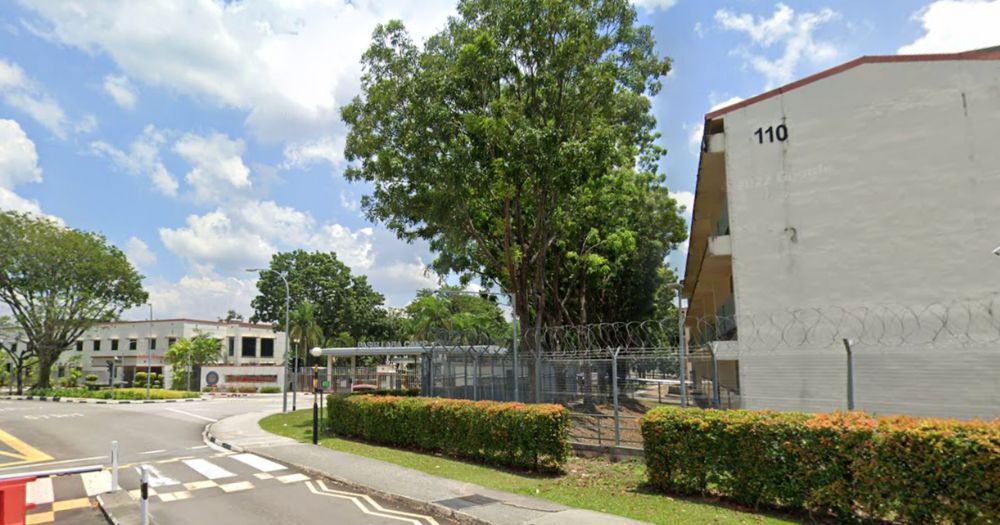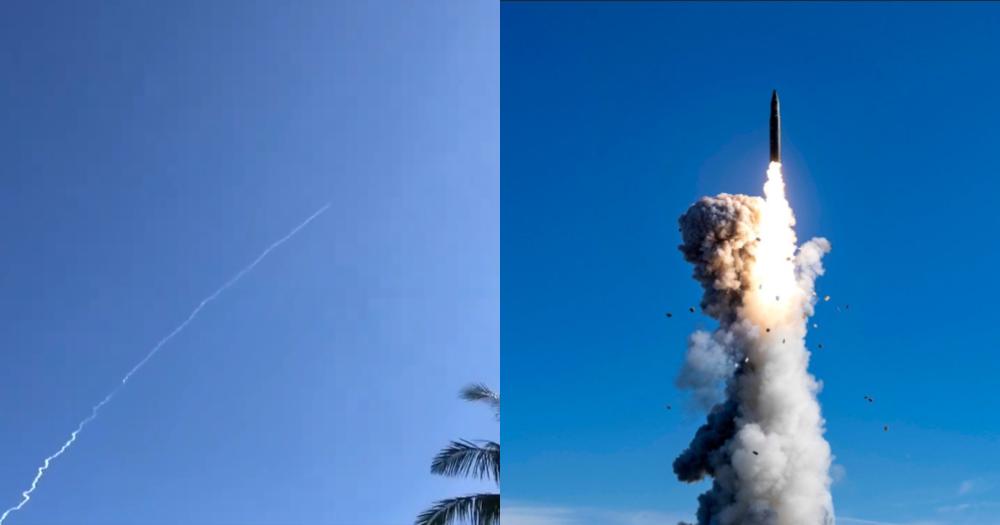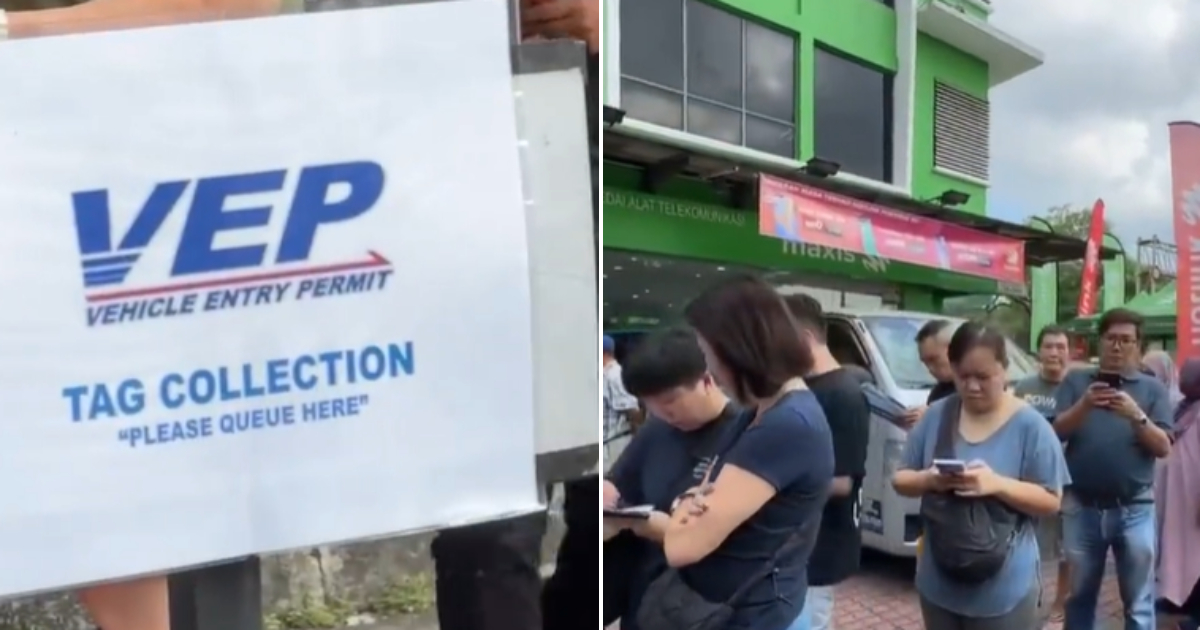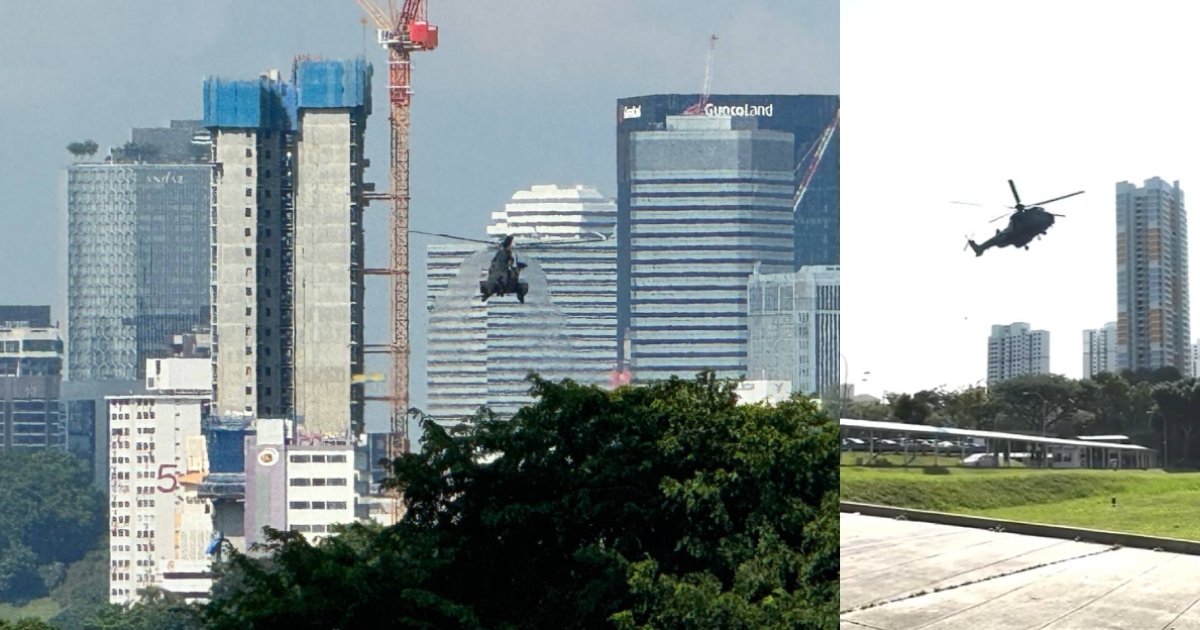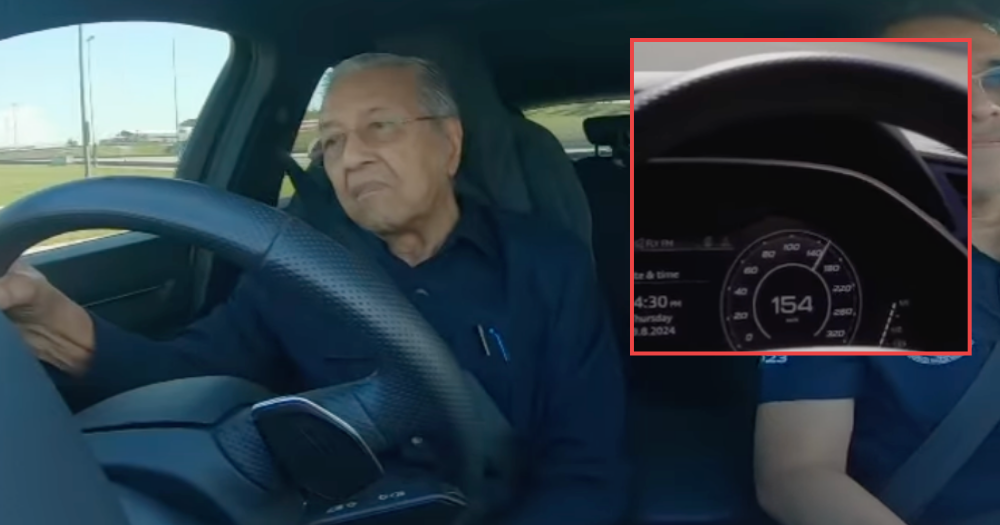M'sia adding more automated gates at KL & Penang airports to address congestion
40 more gates are being added at KLIA.
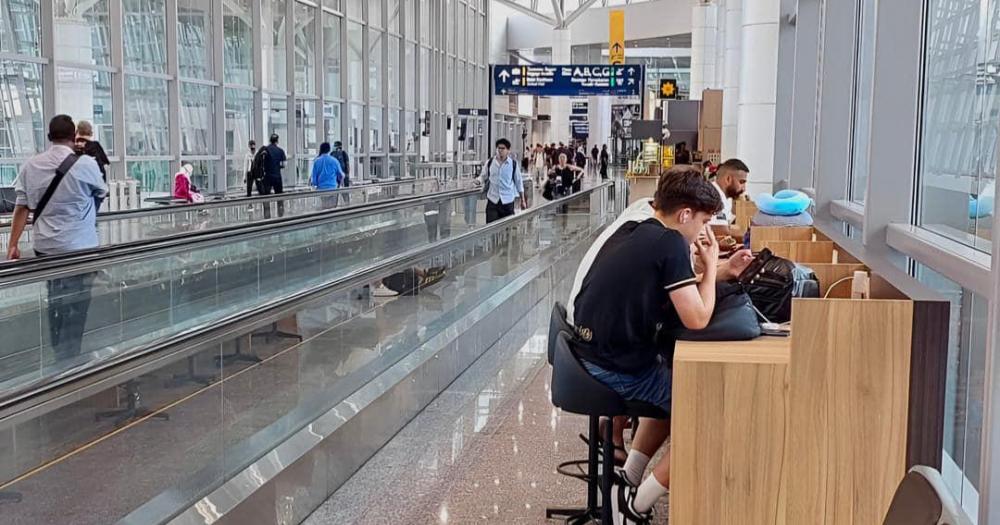
Malaysia will be adding more automated gates at the Kuala Lumpur International Airport (KLIA) and the Penang International airport to address congestion, Home Minister Saifuddin Nasution Ismail said on Jul. 22.
40 gates being added at KLIA
Saifuddin was quoted by Malaysian media as saying that a total of 40 gates are currently being added at KLIA, while there are also plans for similar enhancements at Penang International Airport.
"Given the current high volume of international flights and media reports on airport congestion, these additions are necessary," he said.
The addition of the new automated gates at KLIA's Terminals 1 and 2 will bring the total number of gates to 80.
Such a move is also aligned with Malaysia's role as Asean Chairman in 2025 and the Visit Malaysia Year 2026 campaign, he added.
Saifuddin also noted:
"Now the arrival of an international plane gets media coverage when congestion occurs. So we have negotiated with Malaysia Airports Holdings Berhad (MAHB) for additional autogates and we need more space."
Singaporeans can use the automated gates at KLIA.
Saifuddin: QR code system at land checkpoints reduced waiting times by 70-80 per cent for Malaysians
Saifuddin also touched on the installation of the QR code systems at the Johor land checkpoints.
He said that feedback for the system during the trial phase has been positive and that it has reduced waiting times by 70 to 80 per cent.
"Since June, we have received a high demand, with 500,000 registrations recorded," he added.
Thus far, the system is limited to Malaysians travelling either by bus or motorcycle.
Currently, travellers with Singapore passports are unable to use the system.
However, use of the system will eventually be extended to all travellers including non-citizens and long-term pass holders as well as those travelling by car in the next phase, the minister added.
Top photo via Malaysia Airports/Facebook
MORE STORIES







